The Passing Of José Mujica: Uruguay's Former Leader Dies At 89
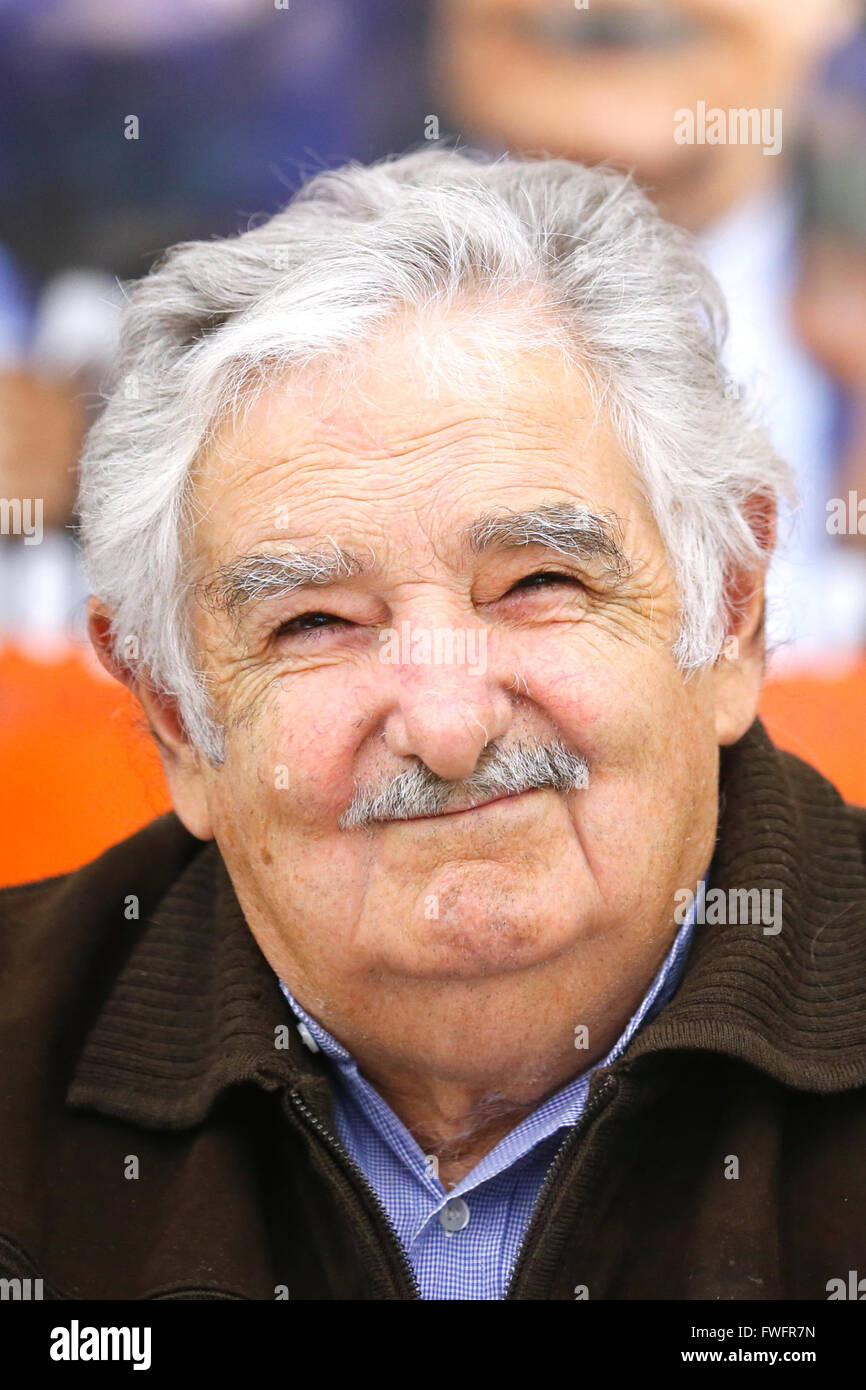
Table of Contents
A Life of Revolutionary Struggle and Political Ascent
Early Life and Activism
José Mujica's early life was shaped by a deep-seated commitment to social justice. Born in 1935, he witnessed firsthand the inequalities prevalent in Uruguayan society, fueling his activism. His involvement with the Tupamaros, an urban guerrilla movement active in the 1960s and 70s, defined a significant portion of his younger years. This period saw him engaged in armed struggle against the established order, advocating for land reform and greater social equality.
- 1960s: Mujica becomes involved in the Tupamaros, participating in numerous acts of guerrilla warfare and social activism.
- 1970s: Arrested and imprisoned for his involvement with the Tupamaros, enduring years of harsh conditions in solitary confinement. His imprisonment became a symbol of resistance against the military dictatorship.
- 1985: Released from prison as part of a general amnesty, marking a pivotal moment in his transition from revolutionary to politician. His experience behind bars profoundly shaped his political ideology, fostering a deep commitment to human rights and social justice.
These experiences, coupled with his unwavering belief in social justice, formed the bedrock of his future political career. His time as a political prisoner deeply impacted his worldview, fundamentally altering his approach to politics and shaping his future leadership style. Understanding his early life and involvement in Uruguay's history is crucial to understanding the man and the president he would become.
Transition to Politics and Presidential Candidacy
Mujica's transition from revolutionary to politician was gradual but decisive. Upon his release from prison, he remained active in politics, gradually gaining prominence within the Broad Front coalition, a left-wing political alliance. His charisma, unwavering convictions, and reputation as a man of the people helped him build a strong following.
- 1980s-1990s: Mujica steadily climbed the political ladder, serving in various positions within the Uruguayan government, gaining experience and building alliances.
- 2004-2008: He served as a Senator representing the Broad Front, refining his political platform and establishing himself as a prominent figure in Uruguayan politics.
- 2009: Mujica wins the presidential election, marking a significant victory for the Broad Front and signaling a shift in Uruguayan politics. His focus on social equality and environmental sustainability resonated strongly with the electorate.
His presidential campaign focused on social programs aimed at alleviating poverty and reducing inequality. His commitment to these values and his undeniable sincerity paved the way for his victory and a lasting influence on Uruguayan politics.
Mujica's Presidency: Progressive Policies and Humble Lifestyle
Key Policy Achievements
Mujica's presidency (2010-2015) was marked by a series of progressive policies that significantly impacted Uruguayan society. His administration implemented ambitious social welfare programs, aimed at improving healthcare, education, and housing for the most vulnerable segments of the population. He is perhaps most internationally known for his legalization of marijuana, a bold move that sparked global debate.
- Marijuana Legalization: Uruguay became the first country in the world to fully legalize the production, sale, and consumption of marijuana. This policy aimed to control the drug trade and reduce related crime.
- Social Welfare Programs: Expanded access to healthcare, education, and social security benefits, benefiting numerous Uruguayans.
- Economic Policies: Focused on sustainable development and social inclusion, aiming to bridge the gap between the rich and the poor.
While the success of these policies is still debated, they undeniably left a lasting impact on Uruguay, prompting both admiration and criticism worldwide. The data surrounding these policies is extensive and the subject of ongoing academic study.
The "World's Poorest President": His Simple Life and Global Image
Mujica's image as the "world's poorest president" became globally recognized. He famously donated most of his presidential salary to charity and continued to live a remarkably simple life, rejecting the opulent trappings of power. This humility set him apart from many other world leaders, earning him widespread admiration and respect.
- Simple Living: He lived on a small farm outside Montevideo, driving an old Volkswagen Beetle and shunning the luxuries afforded to him as president.
- Global Icon: His simple lifestyle and unwavering commitment to social justice made him an international icon, attracting admiration from around the globe.
- Political Integrity: His rejection of corruption and his dedication to serving the people significantly contributed to his global image.
Mujica's simplicity served as a potent symbol, demonstrating that political leadership did not require extravagant displays of wealth.
Mujica's Legacy: Inspiration and Continued Influence
Impact on Uruguayan Society
Mujica's legacy on Uruguayan society is complex and multifaceted. While his policies achieved notable successes in certain areas, challenges remain. His emphasis on social justice and his commitment to addressing inequality left an indelible mark.
- Positive Impacts: Improvements in healthcare, education, and social safety nets for vulnerable populations.
- Negative Impacts: Debates continue regarding the long-term effects of some policies, such as the legalization of marijuana.
- Ongoing Debates: Discussions surrounding the effectiveness and unintended consequences of his initiatives continue to shape Uruguayan political discourse.
The full impact of his presidency will undoubtedly continue to be debated and analyzed for years to come, showing the complexities of enacting significant social and political change.
Global Inspiration and Continued Relevance
Mujica's impact extended far beyond Uruguay's borders. His humble lifestyle, unwavering commitment to social justice, and progressive policies inspired many around the world.
- International Recognition: He received numerous awards and honors for his contributions to social justice and political integrity.
- Political Inspiration: His approach to governance continues to inspire progressive leaders across the globe.
- Messages of Hope: Mujica's words and actions provided hope and a renewed sense of possibility for addressing social and political challenges.
Conclusion
José Mujica's death marks a significant loss for Uruguay and the world. His life, from revolutionary activist to president renowned for his humble lifestyle and progressive policies, serves as a powerful testament to the potential for political change and social impact. His legacy of fighting for social justice and living a life of integrity will continue to inspire future generations. Remember José Mujica's enduring legacy by learning more about his life and work. Share your memories and thoughts on the impact of this remarkable former president of Uruguay. Let's honor the memory of José Mujica and continue fighting for the progressive ideals he championed.

Featured Posts
-
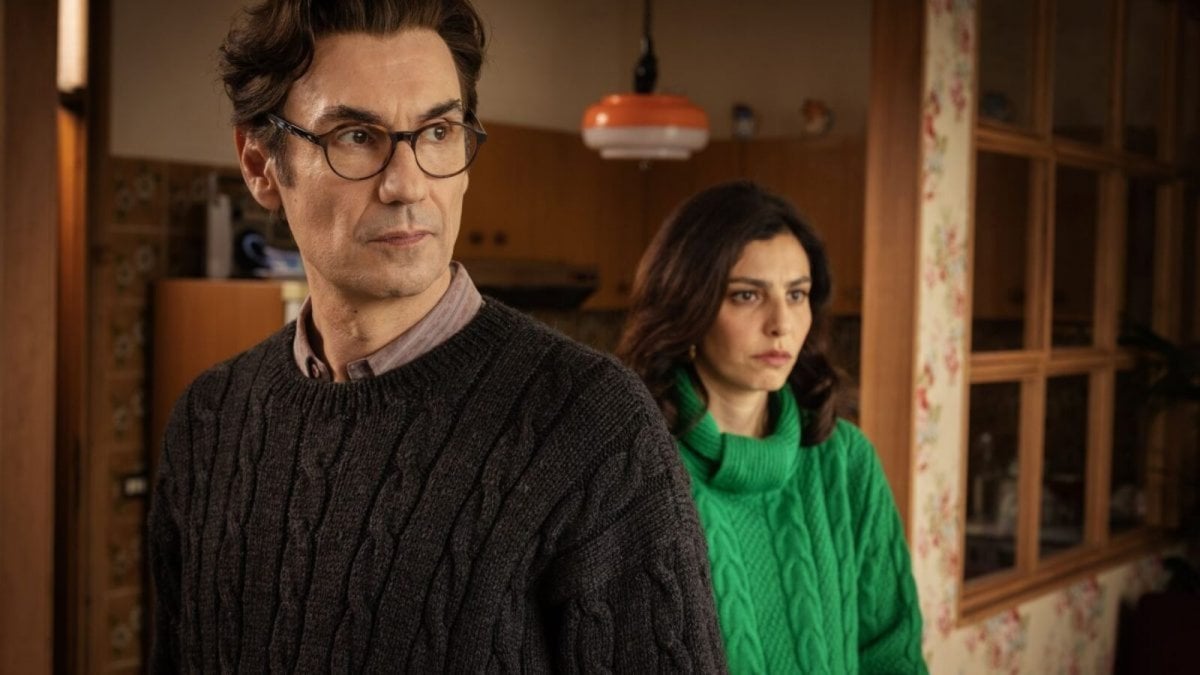 Sanremo La Controversia Rai Comune Dettagli E Sviluppi
May 14, 2025
Sanremo La Controversia Rai Comune Dettagli E Sviluppi
May 14, 2025 -
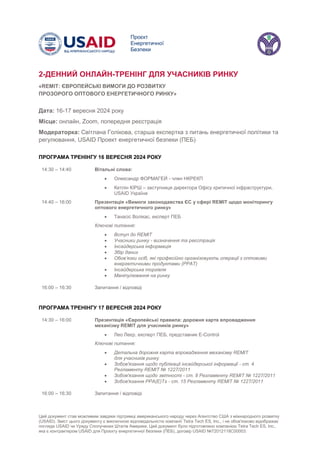 Yevrobachennya 2024 Povniy Gayd Dlya Glyadacha Data Mistse Uchasniki Ukrayina
May 14, 2025
Yevrobachennya 2024 Povniy Gayd Dlya Glyadacha Data Mistse Uchasniki Ukrayina
May 14, 2025 -
 Dont Hate The Playaz Understanding The Culture
May 14, 2025
Dont Hate The Playaz Understanding The Culture
May 14, 2025 -
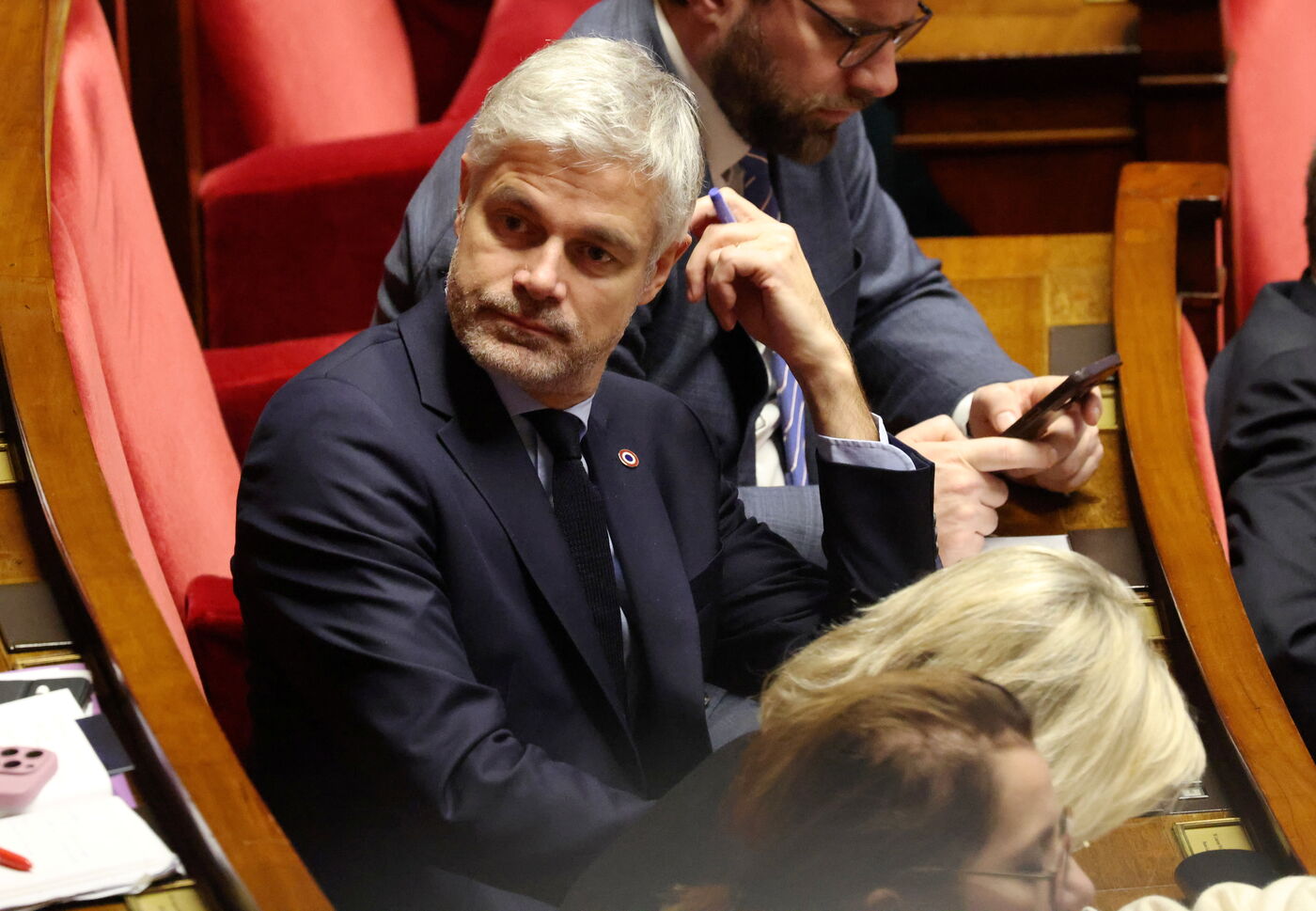 Retailleaus Response To Wauquiezs Proposal On Oqtfs In Saint Pierre Et Miquelon
May 14, 2025
Retailleaus Response To Wauquiezs Proposal On Oqtfs In Saint Pierre Et Miquelon
May 14, 2025 -
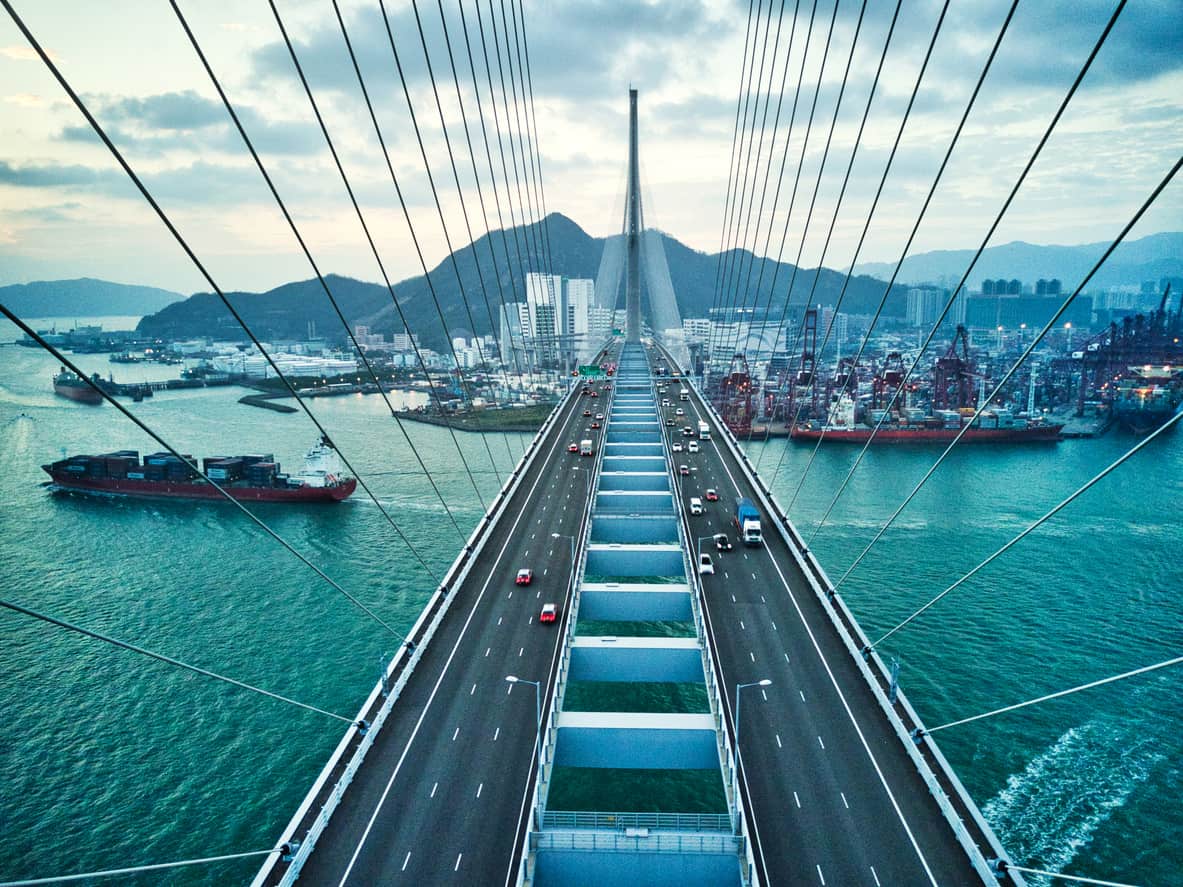 Haitis Infrastructure Development A New Airport In A Turbulent Climate
May 14, 2025
Haitis Infrastructure Development A New Airport In A Turbulent Climate
May 14, 2025
Latest Posts
-
 Npo Crisis College Van Omroepen Streeft Naar Vertrouwen
May 15, 2025
Npo Crisis College Van Omroepen Streeft Naar Vertrouwen
May 15, 2025 -
 Npo Vertrouwen College Van Omroepen Streeft Naar Verbetering
May 15, 2025
Npo Vertrouwen College Van Omroepen Streeft Naar Verbetering
May 15, 2025 -
 College Van Omroepen Inzet Voor Vertrouwensherstel Binnen Npo
May 15, 2025
College Van Omroepen Inzet Voor Vertrouwensherstel Binnen Npo
May 15, 2025 -
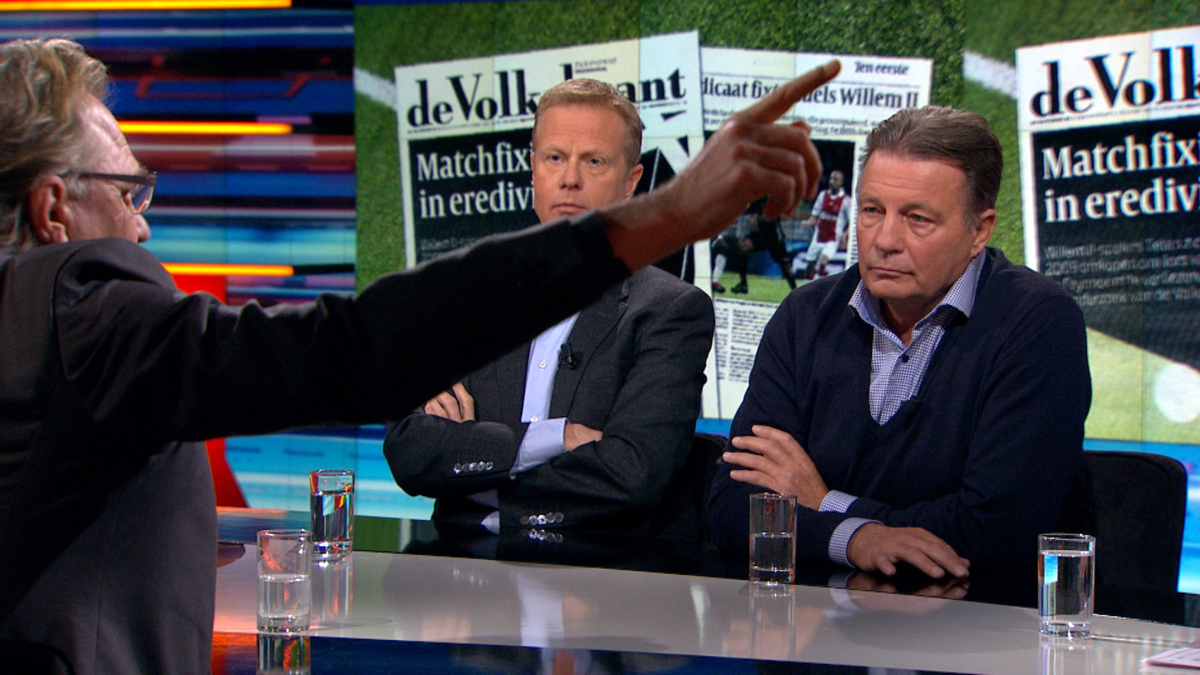 College Van Omroepen En Het Herstel Van Vertrouwen Binnen De Npo
May 15, 2025
College Van Omroepen En Het Herstel Van Vertrouwen Binnen De Npo
May 15, 2025 -
 Herstel Van Vertrouwen College Van Omroepen En De Npo
May 15, 2025
Herstel Van Vertrouwen College Van Omroepen En De Npo
May 15, 2025
